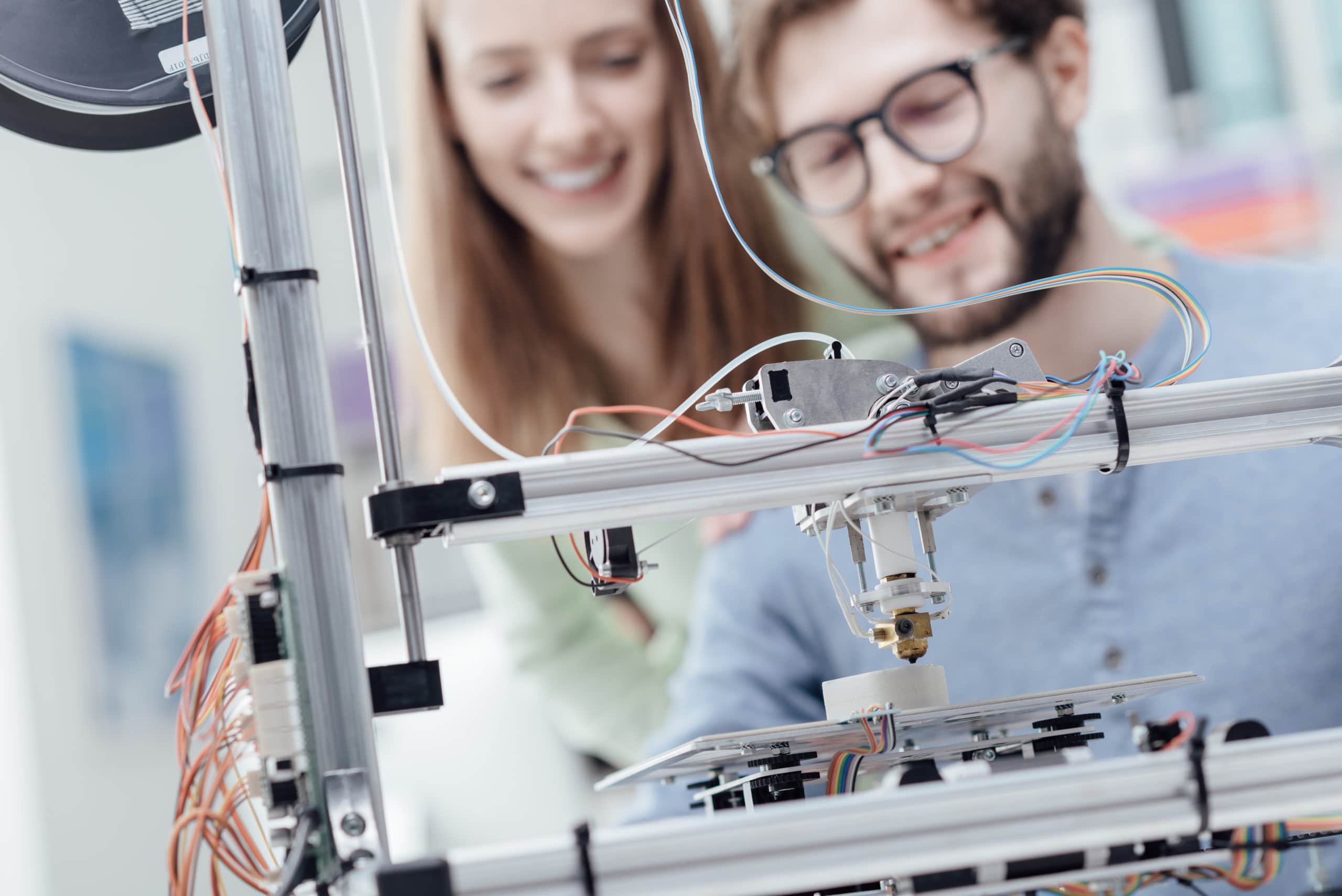Search by topic:

Lithium-ion batteries typically rely on two different types of chemical reaction to generate energy - Lithium iron phosphate (LFP) or nickel manganese cobalt (NMC).
Each has different qualities when it comes to price, energy density, temperature tolerance, safety and cycle times.
But global supply chain threats around key raw materials means NMC options are becoming less popular.
Research out of Binghamton University into a new phosphate-based chemistry has reported 20% better energy density than typical LFP batteries, lower costs than NMC cells. A US-Australian partnership is helping to commercialise the technology.
https://nypost.com/2022/09/21/ny-factory-to-challenge-china-in-global-lithium-battery-race/amp/